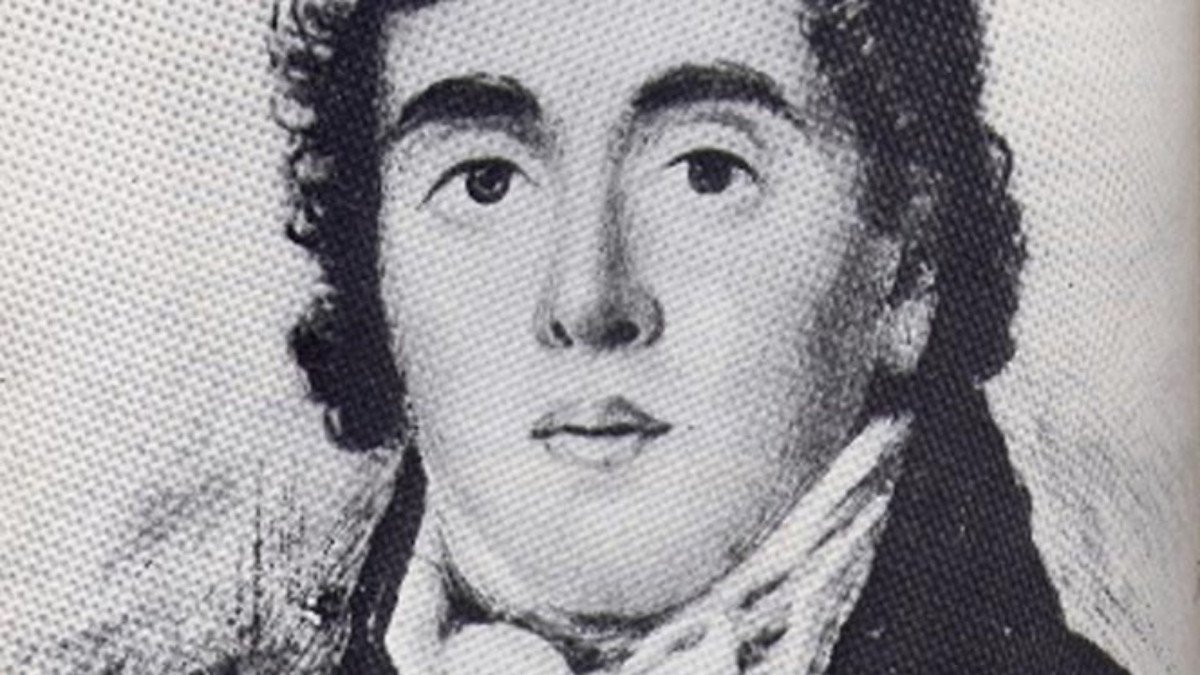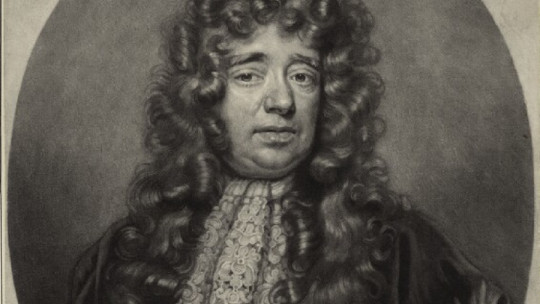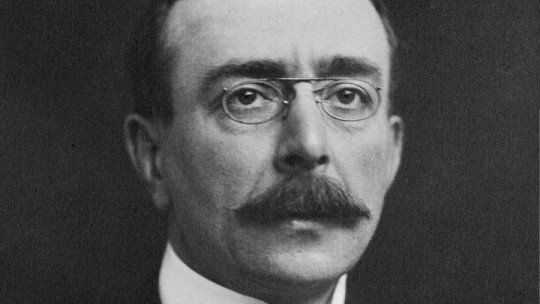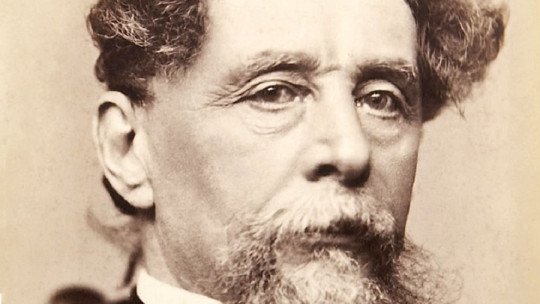
On March 30, 1840, in a sad charity hospice in the city of Caen, in French Normandy, a sixty-one-year-old man died, unkempt, bald and prematurely aged, whom no one knew. They had picked him up from the streets, where he begged for alms, driven mad by the rampant syphilis he suffered from. The directors of the hospice did not know it, but that poor beggar was Beau Brummell, “the beautiful Brummell”, who was once the arbiter of elegance in London and a close friend of the Prince of Wales himself.
How had the elegant English gentleman ended up in such a situation? Why was he in France, locked up in a charity asylum, sick and insane? Accompany us through the exciting life of the English dandy who imposed fashion in England, George Bryan Brummell, nicknamed Beau Brummell.
Brief biography of Beau Brummell, the arbiter of London elegance
Numerous anecdotes are told about him, not all of which seem to be real. They say that it took him no less than five hours to get ready, and that he polished his beautiful shoes with champagne (a drink of which, by the way, he was very fond of). There are also stories about what his baths were like (daily, by the way, something unheard of at that time): a bathtub filled with milk, Cleopatra style, with which he hydrated his skin and “preserved” his youth.
Many things have been said about Beau Brummell, and not all of them are true. His fame reached such high proportions at the beginning of the 19th century that people spread rumors of all kinds to praise his eccentricity and extreme elegance. What is certain is that George Bryan Brummell soon became a reference for London fashion, to the point that the gentlemen, and even the Prince of Wales himself, took him as their greatest reference in this regard.
Job? always be beautiful
George Bryan Brummell was extremely fortunate to receive a large inheritance from his father at the age of twenty-one. No less than 30,000 pounds, a truly exorbitant amount for the time. As a result, the boy never had to work, and he dedicated himself body and soul to squandering his fortune on gambling and, above all, on suits, jewelry, shoes and various accessories.
Brummell was born on June 7, 1778 in London, the son of a private secretary to a nobleman who later became governor. Hence the fortune amassed by the father, which would guarantee him the luxurious lifestyle he would lead during his youth and which would, unfortunately, mark his final fall.
And Brummell was a real genius. In his desire to show off and amaze the London citizens, he spent his entire fortune and was completely ruined. Before, however, he had time to become a symbol of English fashion and made men and women fall at his feet. People began to call him Beau Brummell, the beautiful Brummell (from the French beau, ‘beautiful’).
Even as a child he had shown an innate tendency towards fashion and a refined taste for beauty. At the age of twelve he was sent to Eton, where he met what would become one of his closest friends (and, later, his greatest enemy), the Prince of Wales and future regent of England given the king’s dementia. George III. At Eton he already began to cultivate a reputation as a refined dandy and powerfully inclined to good taste, a reputation that later grew at Oxford, where he finished his studies.
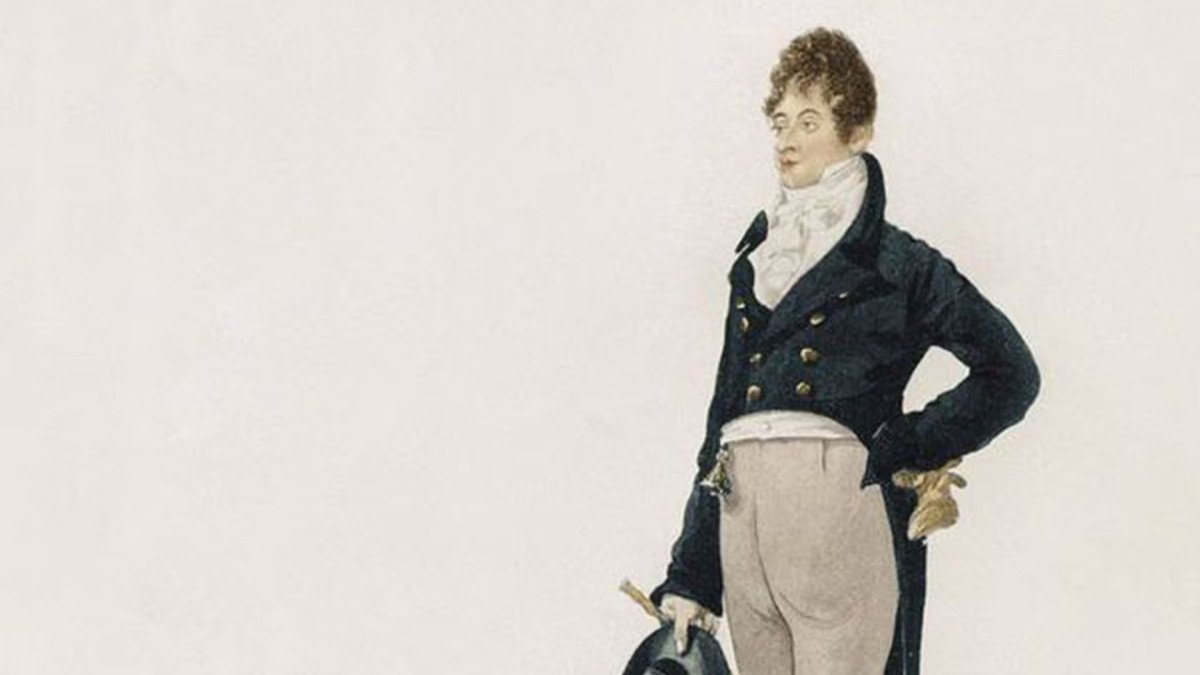
The time of the dandies
But Beau Brummell didn’t just have a reputation as a dandy. His language was highly valued (and feared) in the select circles of London, in a similar way to what later happened to Oscar Wilde, the other great English dandy. As can be seen, dandies did not usually end well; Their excessively luxurious lifestyle and their cynical words, with which they allowed themselves to attack anyone, earned them numerous enemies. Oscar Wilde ended up in prison; Brummell, absolutely ruined and exiled in France to avoid prison for debts.
The word dandy refers to a very refined man, who always dresses with taste and in the latest fashion (with a touch of extravagance, it must be said), and who usually comes from the upper echelons of society, such as the nobility or the bourgeoisie. . The nineteenth-century dandy is usually a cultured person, with sharp wit, who does not hesitate to put it at the service of satire and provocation. All of this perfectly defines Beau Brummell, who, despite not being the first dandy, did promote the concept and lifestyle of these gentlemen, until he became a true symbol of the time.
Despite his undeniable intelligence, and unlike other dandies such as the aforementioned Oscar Wilde or the cursed poet Charles Baudelaire, Brummell wasted his gift. She never dedicated herself to writing or carrying out any activity with which she could cultivate her ingenuity, which she limited herself to shooting like an arrow towards the reputation of some of the best-known characters of the moment. The beautiful Brummell even had the audacity to attack the regent himself, the future George IV, who was already beginning to tire of his impertinences.
The fall of the gods
By 1810, Beau Brummell was at the height of his success. His father’s large inheritance guaranteed him a life full of luxuries and eccentricities; He was a regular at parties and social events in the capital, where he displayed himself like a real peacock. However, Brummell’s motto was not ostentation, but quite the opposite: “carefully go unnoticed.” And the dandy fashion was at the opposite end of the 18th century wardrobe, as it avoided strident colors, wigs and accessories that were too strident. All this with the aim of (and in a contradictory way) attracting even more attention.
It is said that Brummell wore his pants so close to his body that they looked like a second skin, allowing him to show off his beautiful, shapely legs. And George Bryan Brummell was reputed to have the most beautiful complexion in England: slender, strong and with an enviable, very narrow waist (which he highlighted with tight jackets and masculine corsets) he was the envy of any gentleman of the moment.
The one who particularly envied him was his “friend” the Prince of Wales. Although the future George IV had been in his youth a beautiful boy given to the good life and with great success among women, with the passage of time his excesses with food and drink had taken their toll on his body and he had developed a big belly and early baldness, as well as premature aging. All of this constituted the perfect target for Brummell’s ridicule, who did not hesitate to mock even the regent himself.
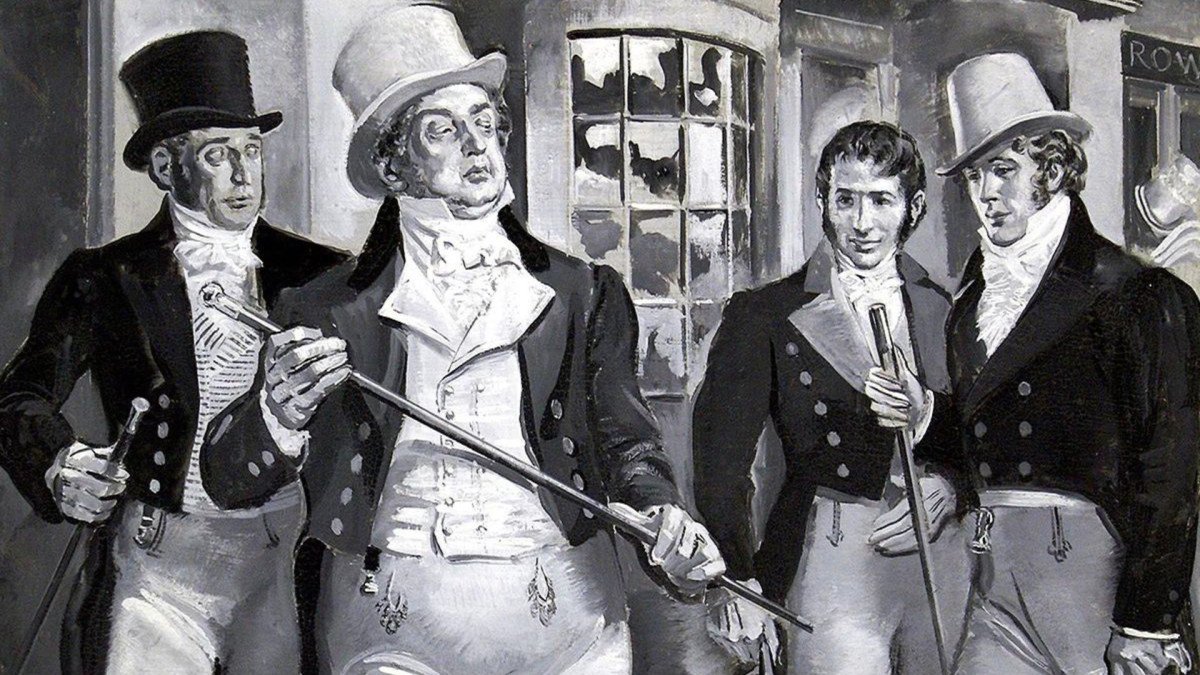
It was precisely his audacity that led to his fall. They say that, at one evening, Brummell, who was already quite at odds with Jorge, asked his interlocutor who “that poorly dressed fat man” was. The joke was too much, and the regent decided to expel Brummell from his circle and, therefore, from society
The numerous debts incurred also had a lot to do with his fall. The fortune inherited from his father was running out by leaps and bounds, practically spent entirely on clothes and accessories. There are records attesting that Brummell spent around £800 a year on his personal grooming. If we take into account that the “normal” salary of a salaried employee was about 52 pounds per year, we can calculate the enormous waste that this represented.
So, Between the debts contracted with shoemakers, jewelers and tailors, as well as the waste in gambling, Brummell was forced to hastily leave England and take refuge in France. It was 1816 when the dandy landed in Calais. He would never return to England again.
From refined dandy to unfortunate beggar
The life of Beau Brummell seems like an unforgettable moral tale. And the dandy finally “paid” for all his excesses. Since his arrival in France, he fell into oblivion in his native England. In Caen, the Norman city where he took refuge, no one knew him. Having squandered all his fortune, he obtained the position of British consul in the city thanks to the influence of some English friends. He only held the position for two years.
Once again, his arrogance led to his ruin. Brummell dared to ask that the consulate be suspended, in the hope that he would be transferred to a better destination. And yes, the consulate was annulled, but he was not offered any other position, so the income he had received from his position disappeared. Brummell was in absolute poverty.
The former dandy spent his last years living off the charity of the friends he had left in England, but by the end of the 1830s we find him already wandering the streets of Caen, dirty and smelly, surviving thanks to the alms of passers-by. . His judgment, affected by syphilis that he had been suffering for years, had deteriorated considerably.
The Le Bon Sauveur asylum in Caen took pity on him and took him in. There the once beautiful Brummell spent his last days, completely alienated and isolated from reality. He who had been the arbiter of elegance, the neat, elegant, refined English dandy, had become a premature old man with worn and dirty clothes. Perhaps, in his madness, he did not realize his fall. Better this way.
Meanwhile, the figure of the arrogant and cynical gentleman who led English fashion at the beginning of the 19th century remained for posterity. In fact, many fashion historians equate Brummell’s influence on men’s fashion with that of Coco Chanel’s later influence on women’s fashion. Brummell established (although he did not invent) a series of garments that would forever be associated with the elegance of the gentleman: top hat, shirt, tie, pants and jacket. All without a single wrinkle, of course.
